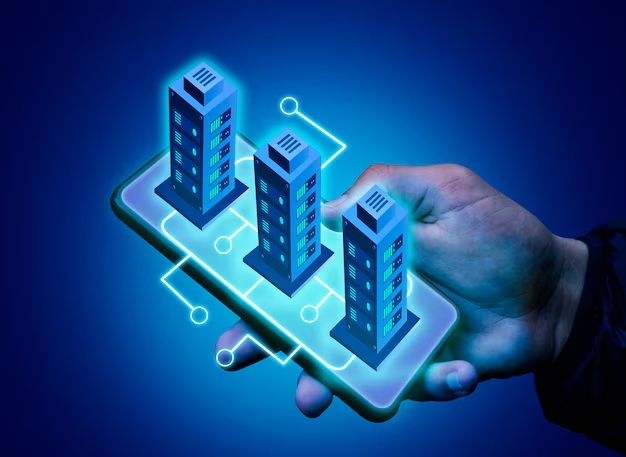Smart city technology is changing how people live in urban areas. It uses advanced systems to make cities smarter, safer, and more efficient. These technologies improve transportation, energy use, waste management, and security. They make urban areas more livable and sustainable for growing populations.
What is Smart City Technology?
Smart city technology refers to tools and systems that use data and automation to improve city functions. These technologies include sensors, connected devices, and software solutions. They collect and analyze data to solve city problems and improve the quality of life.
Key Features of Smart City Technology
- Smart Transportation
- Systems reduce traffic congestion and improve public transit efficiency.
- Real-time updates guide drivers to avoid delays.
- Energy Efficiency
- Smart grids monitor energy use and reduce waste.
- Solar-powered systems lower energy costs and help the environment.
- Connected Devices
- Sensors track air quality and detect pollution levels.
- Smart lighting adjusts brightness based on movement to save energy.
- Waste Management
- Smart bins send alerts when they are full.
- Automated collection systems reduce manual work and improve cleanliness.
- Public Safety
- Cameras with AI detect crimes faster.
- Emergency systems provide instant alerts during disasters.
How Smart Cities Improve Urban Living
1. Better Mobility
Smart transport systems help people move around easily. Real-time bus tracking apps and automated parking systems save time.
2. Healthier Environments
Sensors measure air and water quality, helping cities take action against pollution. Green energy sources reduce carbon footprints.
3. Improved Safety
AI-based surveillance systems identify suspicious activities. Instant alerts help citizens during emergencies.
4. Efficient Services
Automated waste collection and smart water systems improve resource management. Fewer manual tasks result in better city services.
Popular Smart City Technologies
1. IoT Sensors
Internet of Things (IoT) sensors collect data about traffic, air quality, and weather. They help cities respond to real-time issues.
2. Smart Grids
Smart grids monitor electricity flow, reduce outages, and allow renewable energy integration.
3. Connected Vehicles
Self-driving cars and smart buses reduce accidents and improve travel efficiency.
4. AI Surveillance
AI-powered cameras monitor public spaces for safety and crowd management.
5. Smart Apps
Mobile apps provide instant updates about transport, weather, and emergencies.
Benefits of Smart City Technology
1. Lower Costs
Automation reduces costs in public services like garbage collection and energy management.
2. Time-Saving
Smart systems reduce delays in transportation and service delivery.
3. Sustainability
Renewable energy systems and smart water usage promote sustainable city growth.
4. Better Living Standards
Improved infrastructure and efficient city services create a higher quality of life.
5. Job Creation
The smart city sector generates jobs in tech and infrastructure development.
Challenges in Adopting Smart City Technology
1. High Costs
Setting up smart systems requires significant investment.
2. Privacy Issues
Sensors and surveillance raise concerns about data security.
3. Complex Integration
Connecting multiple systems across a city can be challenging.
4. Skill Gaps
Smart city projects need skilled workers, which may be lacking in some areas.
Smart Cities Around the World
1. Singapore
Singapore uses AI to manage traffic and improve energy efficiency.
2. Barcelona
Barcelona has smart streetlights and water management systems.
3. Dubai
Dubai uses smart technology for transportation and public services.
Future of Smart Cities
The future of smart cities looks promising. New advancements like 5G and AI will make cities even smarter. Technologies like digital twins and blockchain will improve transparency and planning. The goal is to create urban areas that are more efficient, sustainable, and people-friendly.
Conclusion
Smart city technology is transforming urban living by improving efficiency, safety, and sustainability. These innovations make cities more livable for growing populations. As technology advances, the future of urban living will become even smarter and more connected.


